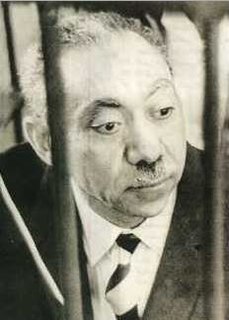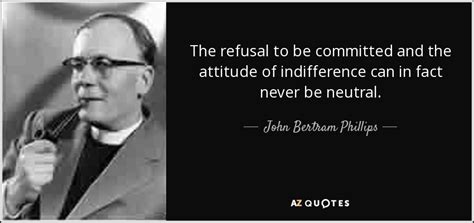A Quote by Sayyid Qutb
A martyr is the one who bears witness that the Shari'ah of Allah is more valuable to him than his own life.
Related Quotes
Had Allah lifted the veil for his slave and shown him how He handles his affairs for him, and how Allah is more keen for the benefit of the slave than his own self, his heart would have melted out of the love for Allah and would have been torn to pieces out of thankfulness to Allah. Therefore if the pains of this world tire you, do not grieve. For it may be that Allah wishes to hear your voice by way of Dua'a. So pour out your desires in prostration and forget about it and know; that verily Allah does not forget it.
With hearts that believe in Allah's will and predetermination, we have received the news about the martyrdom of the martyr. . . . Al-Hotary, the son of Palestine, whose noble soul ascended to . . . in order to rest in Allah's Kingdom, together with the Prophets, the men of virtue, and the martyrs. The heroic martyrdom operation . . . who turned his body into bombs . . . the model of manhood and sacrifice for the sake of Allah and the homeland.
How is it possible for one’s heart to be certain that one is going to meet Allah, that Allah sees and hears all that he does, and knows his secret open affairs, and that he will be made to stand before Allah, answerable for all his deeds - how can one be certain and aware of all of this, and yet persist upon things which displease Allah; persist upon abandoning Allah’s orders, neglecting His rights, and yet claim that he has good expectation of Allah?
'Greater love has no man than this that a man lay down his life for his friends' (Jn. 15:13). In truth if someone hears an evil saying, that is, one which harms him, and in his turn, he wants to repeat it, he must fight in order not to say it. Or if someone is taken advantage of and he bears it, without retaliation at all, then he is giving his life for his neighbor.
Life is more than thought: what a man feels, and what his senses awaken in him, are more indispensable to his life's fullness than subsequent reflection on their significance. Both Stirner and Nietzsche have elaborated Faust's opening speech in which he bemoans his wasted years in academia: this speech is Goethe's own impeachment of Kant and Hegel . Philosophy proceeds always under the risk of making a fetish of thinking.
Shari'a is not just the Qur'an, you see Shari'a is comprised according to all the doctrines. There's consensus and analogy - argument by analogy. These are the four components in the Shari'a. An orthodox Sunni would not accept that the Shari'a was simply comprised of the Qur'an itself and actually there are people who say that it's heretical to believe that. They have to say that because if they don't say that then they would have to accept that, for example, stoning is not a punishment which appears in the Qur'an - it doesn't.
I spoke to my father - my father's from Pakistan and he's also a lawyer - I said to him, "Well what does the Shari'a say?" And he said, "Well, of course it doesn't justify suicide bombs," but he didn't seem to know where the Shari'a came from or what it was all about. The more I asked people in my family as well as friends, the more I realized that there seemed to be widespread ignorance in the Muslim community. And that's something which I actually found to be the case over the next two and a half, three years I spent writing the book.
































